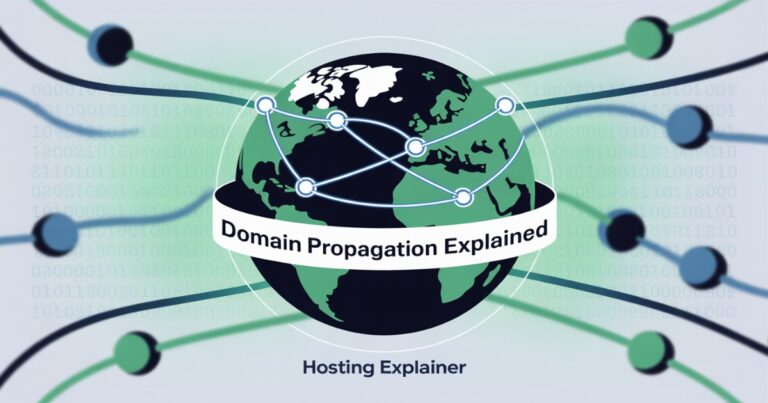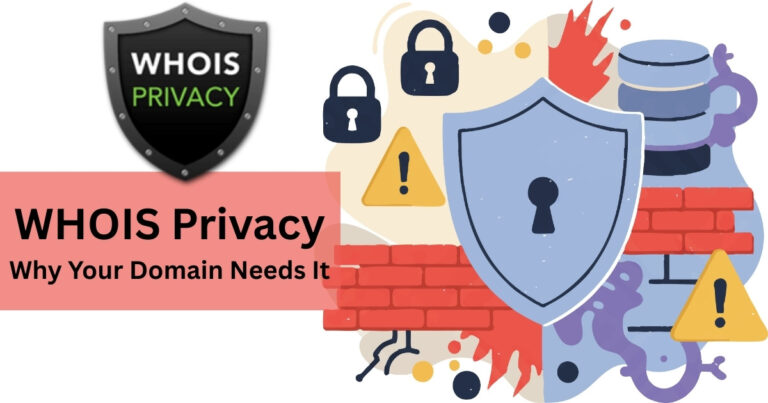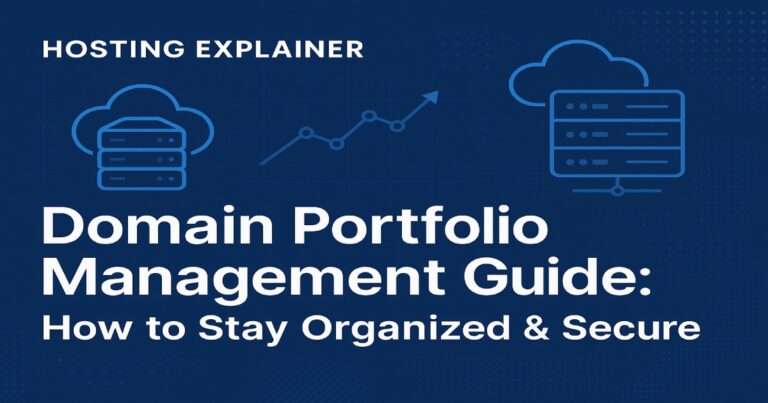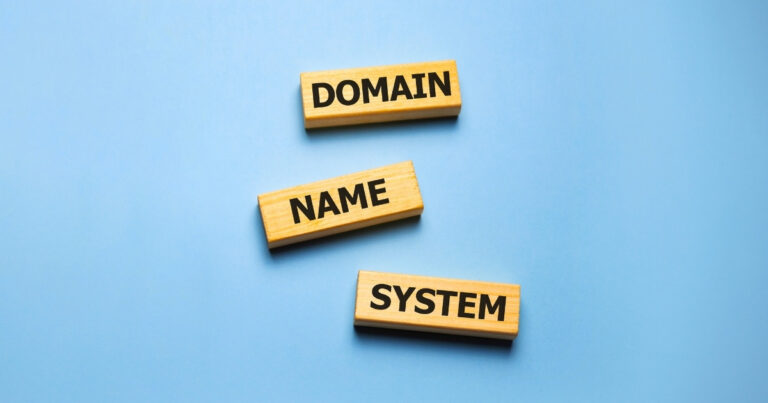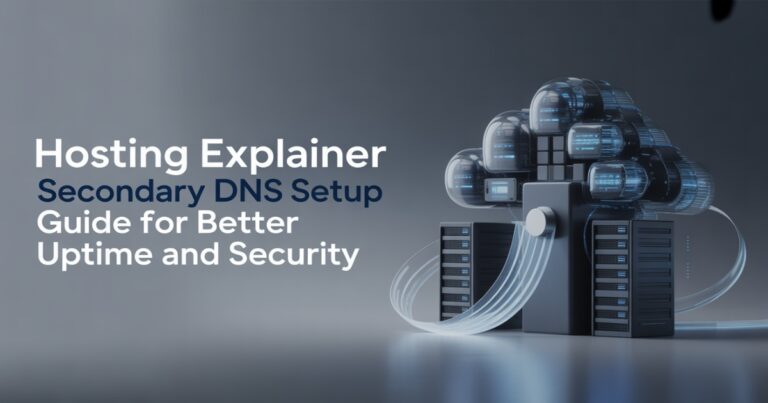Premium Domains: Smart Investment or Costly Mistake?
The first time I saw a domain listed for $10,000, I assumed it was a typo. Who would pay that much for just a name on the internet? Later, I learned those “premium domains” aren’t just names; they’re digital real estate.
They can shape brand identity, build trust, and even impact how easily people find you online. But here’s the real question: are premium domains truly worth the investment, or are they overhyped?
In this guide, I’ll share what I’ve learned from years in the digital space, plus insights from real-world cases. Together we’ll explore what makes a domain “premium,” why prices can skyrocket, the risks involved, and how to decide if one belongs in your business strategy.
What Is a Premium Domain?
A premium domain is a web address that stands out because of its quality. These names are usually short, easy to spell, memorable, and often packed with valuable keywords.
Unlike regular domains you can buy for $10–$20 per year, premium domains are already owned and resold at a much higher price.
For example:
- Hotels.com is premium, clean, industry-defining, and easy to remember.
- Homewardio.com sounds premium and industry-related and is easy to pronounce and remember.
- Best-Hotels-Deals-Online123.net is not.
Premium domains are like prime real estate. While anyone can buy land in a small town for cheap, a shop on Fifth Avenue costs millions because of location, visibility, and prestige. Online, a premium domain works the same way—it positions you in front of people faster.
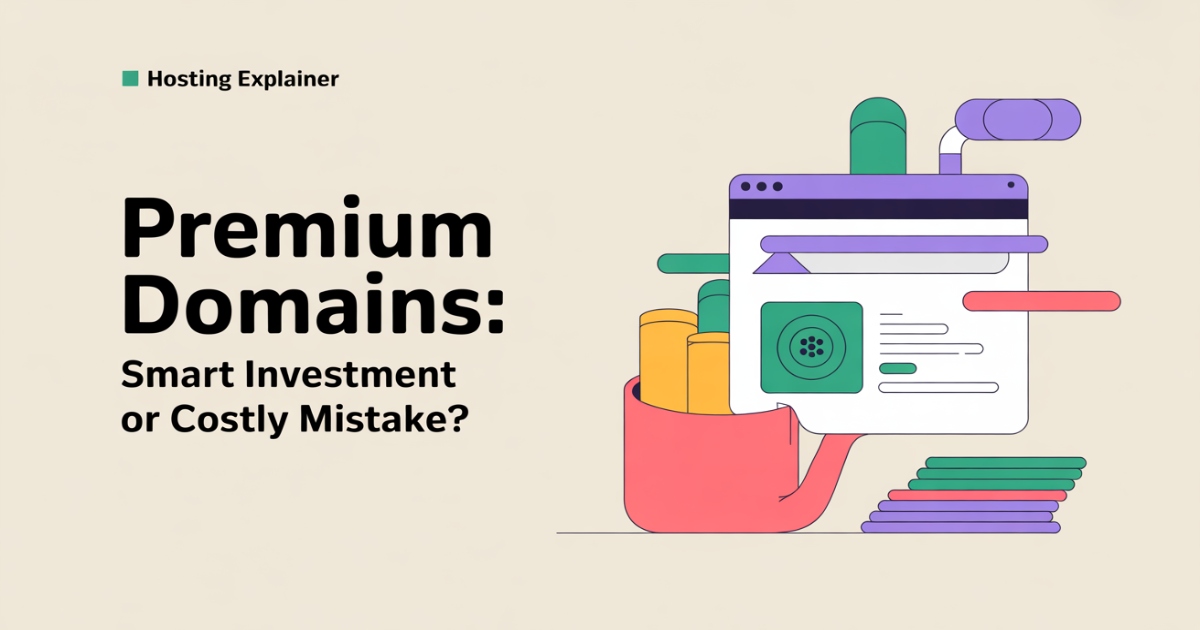
Why Are Premium Domains So Expensive?
Premium domains are expensive because they are rare, memorable, and highly sought after.
- Scarcity: There’s only one Cars.com. Once it’s owned, no one else can have it.
- Branding Power: People instantly trust simple, clean names. They feel professional and authoritative.
- Market Demand: Businesses compete for domains that reflect industries, products, or services.
Think of domains as digital billboards. Some billboards sit on empty highways; others hang in Times Square. That location is what drives cost.
Record-breaking sales highlight this. Voice.com sold for $30 million. Insurance.com went for $35.6 million. These numbers show that companies view domains as long-term assets, not expenses.
Benefits of Investing in a Premium Domain
Now that we know why they’re expensive, let’s look at why businesses still buy them.
Strong Branding and Authority
A premium domain instantly makes a brand look professional. Names like Loans.com or Pizza.com carry built-in credibility. They’re easy to type, hard to forget, and simple to recommend. When your name is that clear, customers trust you more.
SEO and Online Visibility
Premium domains don’t guarantee SEO rankings, but they help indirectly. Keyword-rich names can attract higher click-through rates in search results. If someone sees BuyShoes.com, they’ll likely click before a longer, confusing URL. More clicks tell search engines that your result is trusted, which can lead to better visibility.
Competitive Advantage
Owning a premium domain often means competitors can’t. That exclusivity can position you as the authority in your field. Imagine running BestCoffee.com. Even before a customer sees your site, you’ve already claimed the top spot in their mind.
Long-Term Value
Unlike ads or campaigns that expire, a domain is a long-term digital asset. If chosen wisely, it can grow in value and even be resold later. That’s why many investors buy domains to flip them.
Downsides and Risks of Buying a Premium Domain
Of course, premium domains aren’t perfect. Here’s what to watch out for.
High Upfront Cost
Premium domains often cost thousands or millions. That’s money many startups and small businesses simply don’t have.
No Guaranteed ROI
A premium domain won’t magically bring traffic. You still need solid SEO, marketing, and a strong product. Without that, the domain is just a name.
Risk of Overpaying
Not all so-called premium domains are worth their price tag. Some sellers list long or clunky domains at high prices simply because they own them. Paying too much for a name with little brand or SEO value can be a costly mistake.
Legal Risks
If a domain closely resembles a trademarked brand, you could face legal issues. Always check trademark laws before investing.
Are Premium Domains Worth It for Your Business?
So far, we’ve seen both sides. But are they worth it for you? It depends on your stage and strategy.
- Startups: A premium domain can add instant credibility, but it might drain resources needed for product development and marketing. For most startups, it’s better to focus on growth first.
- Small Businesses: If you rely heavily on local trust or want to look more established, a premium domain could help, but only if the cost fits your budget.
- Enterprises: For big brands, premium domains are often worth it. They protect brand identity, improve authority, and make global expansion smoother.
Personally, I once considered buying a $2,000 premium domain for a side project. At the time, it felt like a lot. Looking back, skipping it was the right choice because the project didn’t scale. For my main brand today, though, I’d think differently. In some cases, the right domain can pay for itself many times over.
How to Evaluate a Premium Domain’s True Value
If you’re thinking about buying one, here’s how to check if it’s truly worth it.
Check Domain History
Look into past use. If the domain was linked to spam or shady sites, it could hurt your SEO. Tools like Wayback Machine or WHOIS records help here.
Assess Branding Potential
Is it short? Easy to spell? Memorable? If people can’t recall it after hearing it once, it’s not really premium.
Market Comparisons
See what similar domains sold for. Platforms like NameBio track real sales so you can compare fairly.
Calculate ROI
Estimate potential traffic and conversions. If the domain cost is $10,000 but brings in leads worth $100,000 yearly, it’s worth it.
Premium vs. Regular Domains Comparison
When deciding between a premium domain and a regular one, it helps to look at the differences side by side. Here’s a quick comparison of the key factors.
| Feature | Premium Domain | Regular Domain |
|---|---|---|
| Cost | High upfront (hundreds to millions) | Low ($10–$20/year) |
| Branding | Strong, memorable, authoritative | Often generic or long |
| SEO Potential | Higher CTR, trust, keyword-rich | Neutral, more work needed |
| Resale Value | Often strong | Very limited |
As you can see, premium domains offer stronger branding and resale potential, while regular domains keep costs low. The right choice depends on your goals and budget.
Best Places to Buy Premium Domains Safely
If you decide to invest, buy from reliable sources.
- Registrars with premium listings: GoDaddy, Namecheap.
- Marketplaces: Sedo, Afternic, DAN.com.
- Domain brokers: Professionals who negotiate and secure deals.
Always verify ownership and use secure payment methods. Avoid “too good to be true” deals from unknown sellers. A safe purchase process protects you from scams and wasted money.
Alternatives to Premium Domains
Not ready to spend thousands? You still have good options.
- Creative Branding: Many successful companies use made-up names like Spotify or Zillow.
- Domain Hacks: Cleverly combine words and extensions (like instagr.am back in the day).
- New TLDs: Instead of .com, try .io, .ai, or .tech—popular among startups.
These alternatives can save money and still help you stand out. With strong marketing, even a non-premium name can become iconic.
FAQs About Premium Domains
1. What makes a domain premium?
A premium domain is short, memorable, keyword-rich, or highly brandable.
2. Do premium domains improve SEO automatically?
No. They don’t directly boost rankings but often improve click-through rates and trust.
3. How much should you pay for a premium domain?
It depends on demand, brand value, and your budget. Prices range from hundreds to millions.
4. Is buying a premium domain worth it for startups?
Not always. Most startups should focus on growth before spending big on domains.
5. Can I resell a premium domain for profit?
Yes, many investors flip domains. But value depends on demand and timing.
6. Where is the safest place to buy premium domains?
Use trusted registrars, marketplaces, or brokers. Always confirm ownership.
Are Premium Domains Worth the Investment?
So, are they worth it?
Yes, if:
- You’re building a brand that relies on trust, authority, and visibility.
- You can afford it as a long-term digital investment.
No, if:
- You’re just starting out and need funds for growth first.
- The name doesn’t clearly add brand or SEO value.
From my own journey, I’ve seen premium domains give businesses instant recognition. But I’ve also seen people overspend and regret it. They’re not shortcuts to success, but in the right context, they can be powerful tools.

